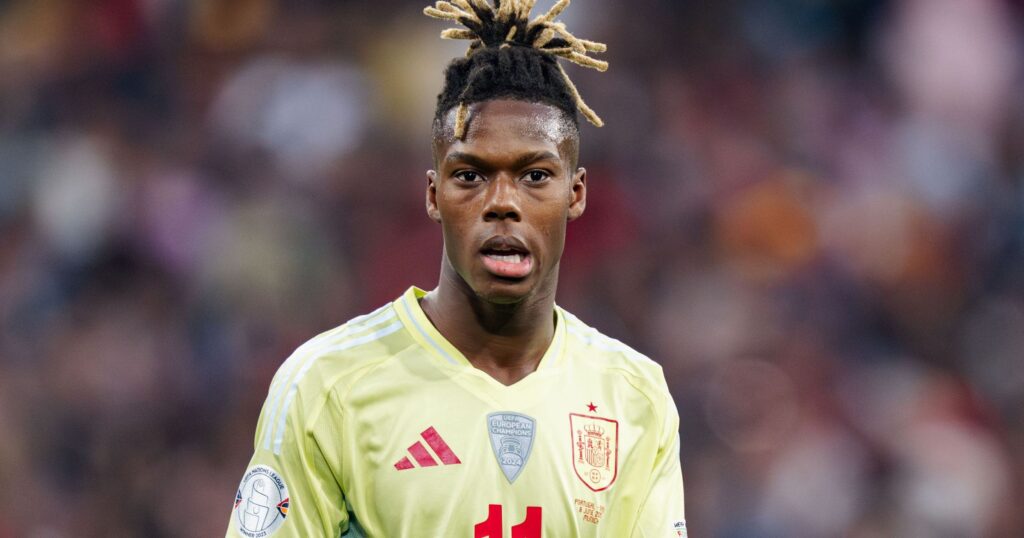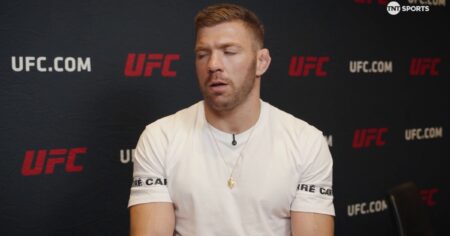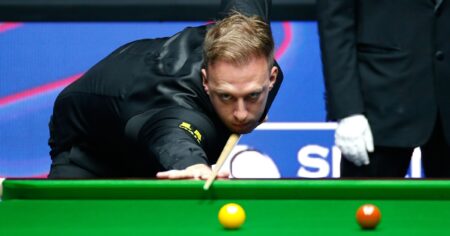In recent months, the club has been grappling with various challenges, particularly highlighted during the last transfer window. Two high-profile players, Dani Olmo and Pau Victor, faced significant hurdles in securing their registrations, and this experience has left a lasting impression on the management and players involved. The difficulties surrounding these transfers have triggered a sense of caution and wariness, particularly for players like Nico, who are now entering negotiations that could determine their future with the team.
Nico, determined to avoid a repeat of the past situation where registration issues plagued both Olmo and Victor, has voiced his concerns. His apprehensions stem from the complications that emerged during those negotiations, which, all too often, left the players in a precarious position, uncertain about their standing and future. Therefore, Nico is advocating for a negotiation process that prioritizes clarity and security, ensuring that such challenges do not occur again.
His representatives are now actively involved in these discussions, emphasizing the need for explicit stipulations within the contracts. There is a clear agenda from the player’s camp: to impose strict demands that safeguard Nico’s interests. This is not just about individual aspirations but rather a broader movement towards securing a more stable and transparent negotiation environment for players moving forward. They aim to create a framework that protects against the unpredictability that can arise during the transfer process, especially in a world that seems to change rapidly.
Moreover, the entire situation sheds light on the larger implications for the club’s transfer strategy. The experiences with Olmo and Victor have served as a cautionary tale for both the management and the players involved. It raises questions about the efficiency and effectiveness of the club’s current processes, which, in turn, calls for a reevaluation of how future transfers are handled. This introspection is not merely necessary for Nico but extends to all players whose careers could be negatively impacted by similar oversight.
In addition, the evolving dynamics within football negotiations reflect a shift in power balance between clubs and players. Increasingly, players are becoming more assertive about their rights and the terms they wish to see incorporated into their contracts. The days where clubs held the upper hand in negotiations, often enforcing unilateral decisions without much room for conversation, are dwindling. Nico’s case exemplifies this transformation, as he, alongside his agents, steps up to ensure that negotiations foster mutual respect and understanding.
As the ongoing discussions unfold, it remains to be seen how the club responds to Nico’s stance and the demands posited by his representatives. Will the management take proactive measures to assure the player that registration issues will not plague future agreements? Or will they continue with business as usual, potentially jeopardizing their relationship with one of their promising talents? Such choices will not only impact Nico’s career trajectory but also reflect on the club’s reputation as an employer committed to player welfare and clarity.
In conclusion, the club’s recent trials in the transfer market have ignited a broader conversation regarding player negotiations and contract stipulations. As individuals like Nico demand more accountability and safeguard from potential pitfalls, the landscape of football negotiations may be on the cusp of significant change. The future will undoubtedly illuminate whether these developments lead to improved experiences for players or whether existing issues will linger, necessitating further evolution in how football clubs negotiate and operate in a modern context. The resolution of Nico’s situation could be pivotal in shaping the way forward for both him and the club.












